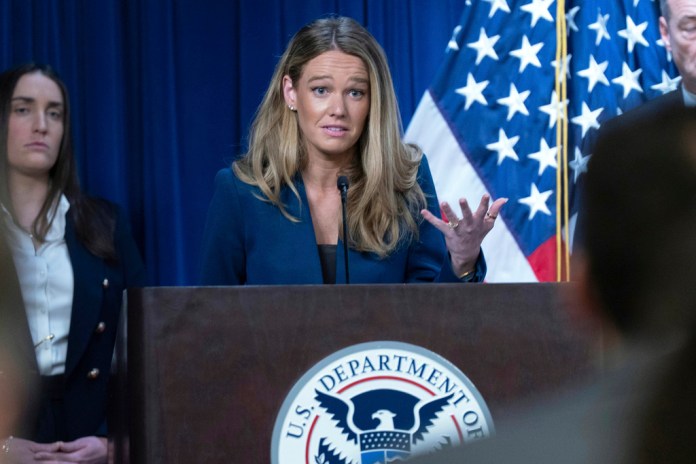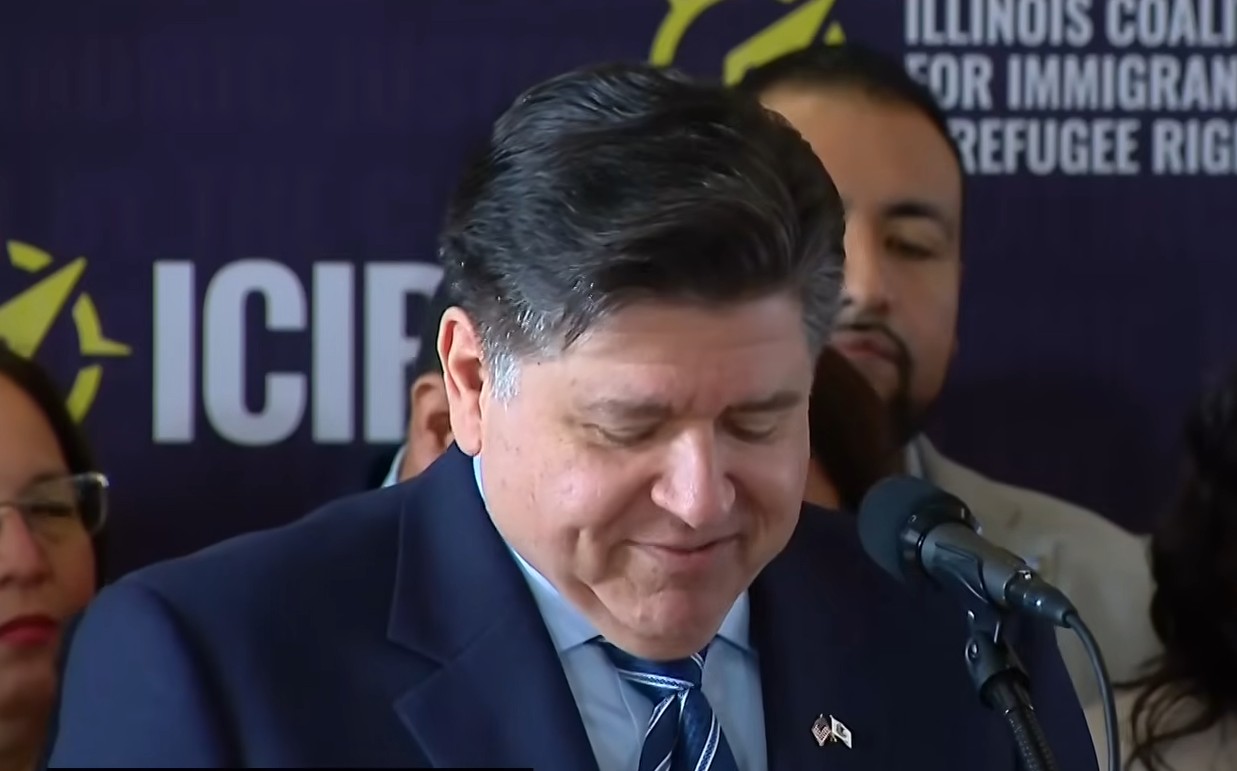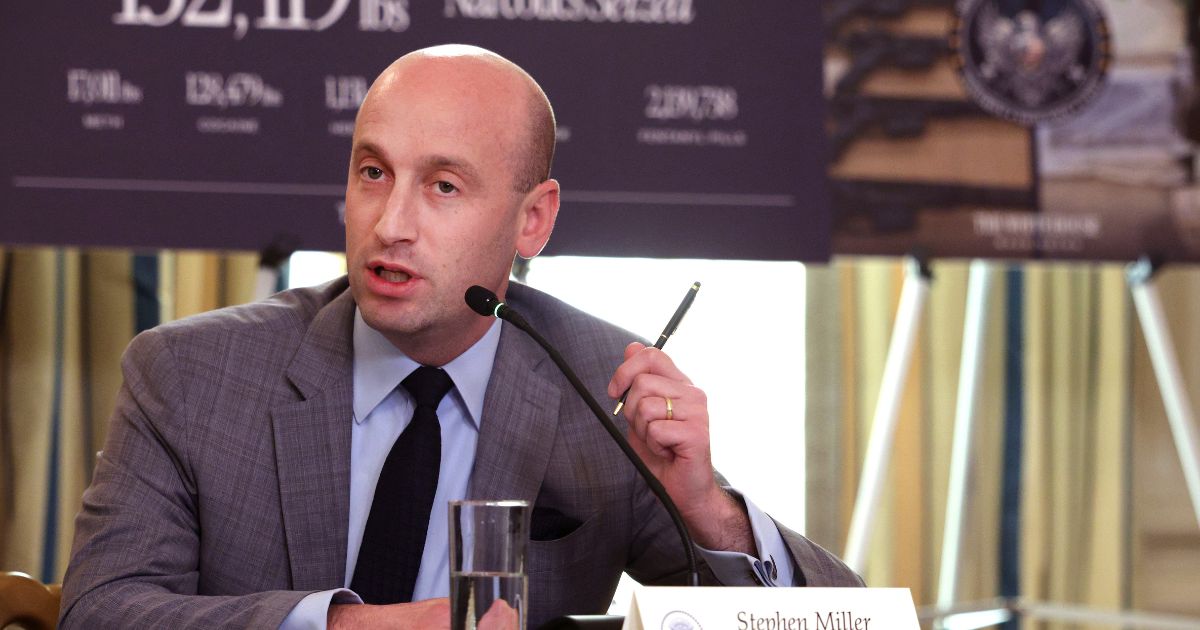Key points from the Virginia Senate debate between Tim Kaine and Hung Cao include contrasting views on key issues such as healthcare, the economy, and immigration. Kaine emphasized his experience and bipartisan efforts, while Cao focused on change and add
The recent Virginia Senate debate featured Senator Tim Kaine, a Democrat, who is seeking re-election for a third term, and Hung Cao, a Republican endorsed by former President Trump. The debate highlighted the contrasts between the two candidates in a state that has typically leaned Democratic. Kaine, with an extensive political background, emphasized his legislative accomplishments and his policies aimed at addressing issues like living costs and housing affordability, positioning himself as a practical choice for voters.
On the other hand, Cao focused on immigration as a major concern, suggesting it contributes to rising housing costs and other issues. He argued for reallocating money saved from reduced government expenditure on illegal immigration to support private childcare services. Notably, the candidates found common ground on the topic of insurance coverage for In Vitro Fertilization (IVF), though they disagreed on many other issues such as student loan forgiveness and immigration policies. Polls indicate Kaine holds a significant lead, with Republicans hoping to capitalize on recent successes in Virginia’s gubernatorial race.
Takeaways from Virginia Senate debate between Kaine and Trump-endorsed Hung Cao
The Virginia Senate race had its likely only debate Wednesday night between Sen. Tim Kaine (D-VA) and Republican Hung Cao in a once-purple state that the GOP seeks to tip back into the battleground column.
Kaine, Hillary Clinton’s former vice presidential running mate, is seeking to retain his seat for a third term against Cao, a 25-year Navy veteran supported by former President Donald Trump.
Polling gives Kaine a double-digit advantage just weeks before Election Day. And with no Republican senator being elected in the state since 2002, election forecasters consider the race solid blue. But with the recent success of Gov. Glenn Youngkin (R-VA), Republicans hope the decadeslong dry spell in Virginia may soon come to an end.
Here are three major takeaways from the hourlong televised showdown between Kaine and Cao.
Kaine leans on Senate tenure
Kaine has served in the Senate since 2013 and before that was Richmond mayor, lieutenant governor, and governor. He frequently relied on his decades of elected office in the Old Dominion State to field an array of policy questions from moderators.
Throughout the debate, he cited current or past legislation he’s written or supported as the moderators covered topics ranging from the cost of living to housing affordability to immigration.
“The choice is pretty clear for Virginians: You want results, or you want extremism?” Kaine said. “I’ve worked on powerful legislation so that we are building again with infrastructure, we’re making again with manufacturing, and we’re innovating, and Virginia is leading the way.”
He backed several policy proposals from Vice President Kamala Harris on Wednesday night, including federal action on alleged price gouging of everyday goods, down-payment assistance for first-time homebuyers, and expanding the child tax credit.
Cao takes page from Trump on immigration
Cao cited illegal immigration as the root cause for some of the issues voters say they’re most concerned about, such as housing costs.
He also said not having to fund government services related to their entry into the U.S. would free up $1 billion of taxpayer money per day but did not name the source of his statistic. House Republicans have said the annual figure is north of $150 billion based on a study from the Federation for American Immigration Reform, which advocates lower levels of immigration.
Specifically, Cao said the federal government could instead use the money to fund private businesses to develop on-site childcare to alleviate high costs facing parents with younger children and help them return to the workforce.
Asked if he’d vote to certify the election results if Harris won, Cao responded in the affirmative before pivoting again to illegal immigration.
“I’ve spent my entire life fighting to defend democracy, and people who’ve never worn the cloth of this nation call me a threat to democracy,” Cao said. “You know what a threat to democracy is? What’s happening on our border, our southern border, when 13,000 convicted murderers and 16,000 convicted rapists are coming through. What’s happening on our campuses when they shout ‘death to America,’ that’s a threat to our democracy.”
A rare moment of agreement: IVF coverage
From student loan forgiveness to Trump’s tariff proposals to the mass deportation of illegal immigrants, there wasn’t much that Kaine and Cao were able to find consensus on.
But one area in which they did seem to agree was in vitro fertilization.
Both candidates stated support for requiring health insurance companies to cover IVF, the fertility treatment many families rely upon to have children but costs tens of thousands of dollars. But neither went as far as the top of their ticket.
Trump and Harris have both proposed taking it a step further by potentially requiring the government to pick up the tab for cases that insurers will not.
Kaine questioned Cao’s support for IVF and said the Republican wants a national abortion ban, an accusation Cao rebutted. Kaine then said insurance policies should cover IVF in the same manner with copays and deductibles that are applied to other services like mental health.
“I don’t think IVF services should be carved out in a way that heart surgery or other really important procedures are not,” he said. “But yes, a mandated coverage subject to the same rules for other coverages.”
Cao said competition among private insurance providers would help make sure premiums don’t skyrocket from covering the procedure.
" Conservative News Daily does not always share or support the views and opinions expressed here; they are just those of the writer."




